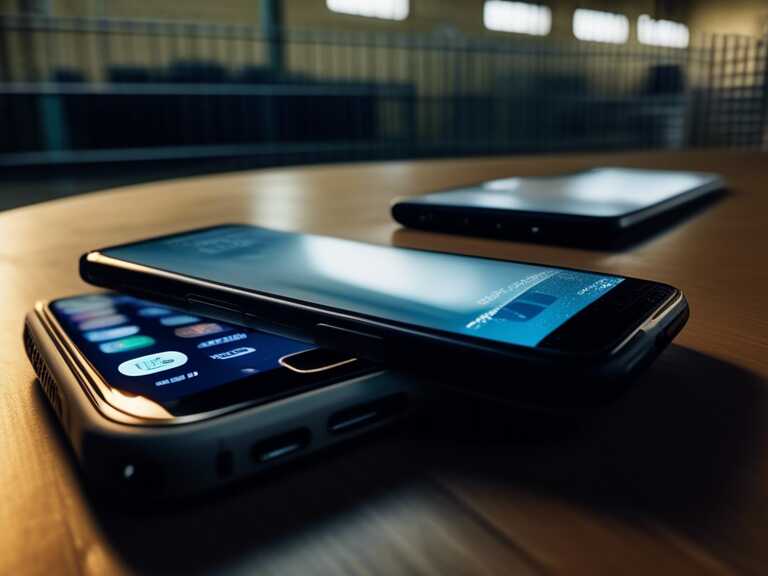
South Carolina Prison Supervisor Accused of Accepting $219,000 in Bribes and Providing Contraband Cellphones
SC prison supervisor took over $219,000 in bribes, provided 173 contraband cellphones to inmates, facing up to 20 years in prison.

A supervisor at a South Carolina prison has been accused of accepting over $219,000 in bribes and providing 173 contraband cellphones to inmates. According to federal prosecutors, the supervisor worked for the South Carolina Department of Corrections for 16 years and was responsible for security at a medium-security prison in Columbia. The case has highlighted the ongoing battle against contraband in the state's prison system.
Christine Mary Livingston, 46, who was promoted to captain at Broad River Correctional Institution, was indicted earlier this month on 15 charges including bribery, conspiracy, wire fraud and money laundering. Livingston allegedly collaborated with an inmate, 33-year-old Jerell Reaves, to accept bribes for cellphones and other contraband accessories. The indictment revealed that they used the smart phone Cash App money transfer program to receive payments ranging from $1,000 to $7,000 for a phone. If convicted, both individuals could face up to 20 years in prison, a $250,000 fine, and an order to repay the illegally earned money.
South Carolina Corrections Director Bryan Stirling emphasized the detrimental effects of contraband cellphones in the prison system, citing instances where inmates have conducted drug rings, fraud schemes, and even ordered killings from behind bars. He expressed grave concern over the impact on the safety of inmates, staff and the community, stating that such activities erode public trust and make prisons less secure.
The South Carolina prison system has faced significant challenges in dealing with contraband cellphones. While the authorities have sought permission to jam cellphone signals in prisons, they have not received approval to do so. However, a recent development involves the use of a device that can identify all cellphones on prison grounds, enabling the authorities to request mobile phone carriers to block unauthorized numbers. Nevertheless, the lack of sufficient funding has limited the expansion of this initiative beyond a pilot program in one prison.
Statistics and Legislative Efforts
Statistics reveal the extent of the problem, with state prison officials issuing 2,179 violations for inmates possessing banned communication devices from July 2022 to June 2023. Additionally, more than 35,000 cellphones have been confiscated since 2015 in a prison system housing approximately 16,000 inmates. In response, Corrections Director Bryan Stirling has advocated for legislative action, urging the General Assembly to pass a bill specifically outlawing cellphones in prisons. The proposed bill includes provisions to add an extra year to an inmate's sentence for the first offense of possessing an illegal phone, and up to five years for a subsequent offense.
Share news















